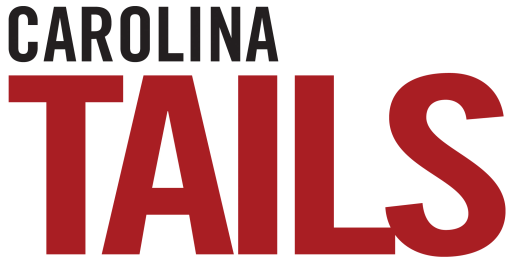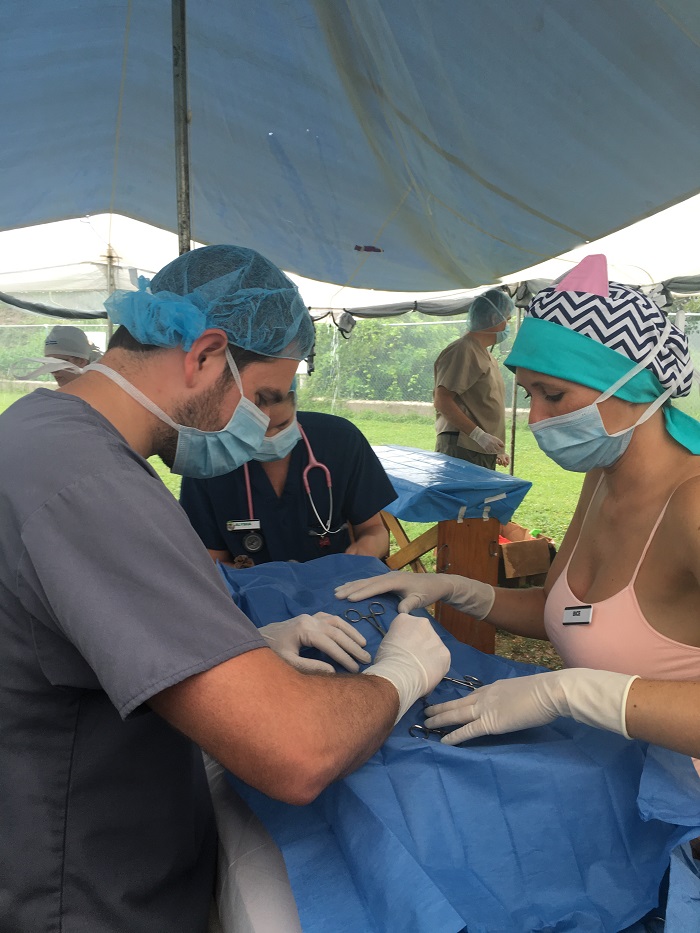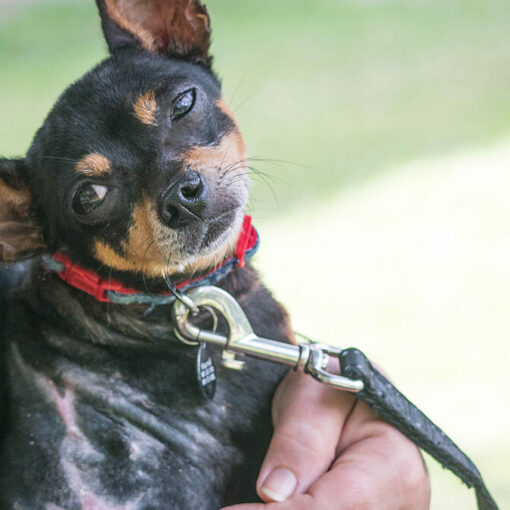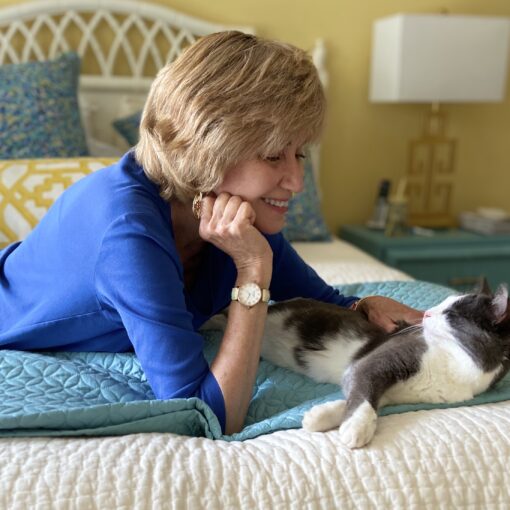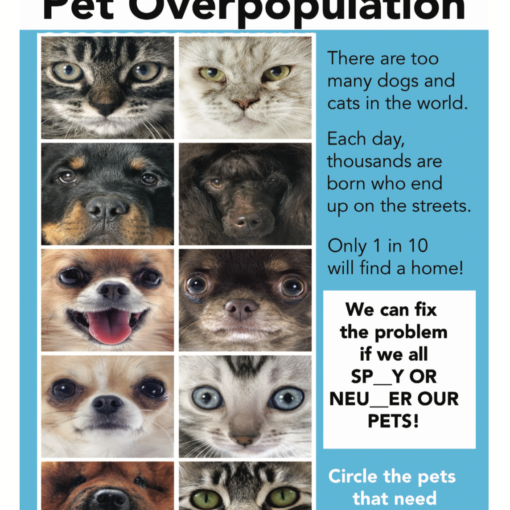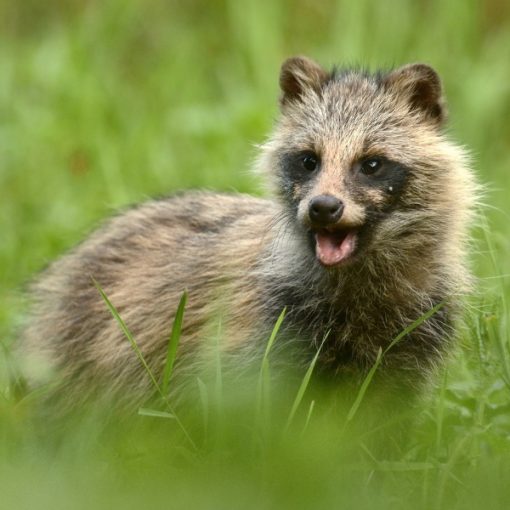By: Dr. Angele Bice, Associate Director of. Public Health and Spay/Neuter Initiatives
Thanks to the Charleston Animal Society, I recently experienced the opportunity of a lifetime. Students for International Veterinary Opportunities (SIVO) is an academic program and non-profit effort for veterinary students and doctors at the University of Florida—and I am grateful that I was able to be a part of this teaching opportunity with my alma mater.
The goal of SIVO is to provide basic veterinary care to locations outside of the United States, one of which is their annual clinic on the island of Roatan, Honduras. For the past 10 years there, SIVO has offered medical care to the local pet population there whose owners may not have other means to provide for their animals. In addition, SIVO volunteers educate the local community about proper animal husbandry, provide an opportunity for veterinary students to gain valuable medical and surgical experience, and expose veterinary students to working in an international setting with limited resources.
This year, I headed to Roatan, Honduras, with a team of eight doctors, 25 University of Florida veterinary students, and five additional support staff. Together between our medical and surgical teams we were able to help nearly 200 animals. But it wasn’t easy in the least. Some days the conditions were harsh with sweltering heat and humidity, and other days had down pours of rain falling upon us. But the people of Honduras were grateful to have this rare opportunity to receive care for their animals and they waited in line for hours patiently. Many of our visitors had walked to the clinics carrying their animals in crates and makeshift containers to get them there. Some of the animals were strays that people picked up off the street and were now willing to take back to their home since we were spaying/neutering as well as providing flea, tick and heartworm prevention.
While on the island, our staff saw a number of animals with serious medical conditions that we were able to successfully treat, conditions such as transmissible venereal tumors and ehrlichiosis. One dog had deep wounds to his leg that the owner had wrapped with a T-shirt. He would boil the tee to clean it, let it dry, and place it back over the wound daily. By bringing the dog to us, we were able to surgically repair the wound and provide antibiotics for a happy and healthy healing process.
From this trip, the University of Florida veterinary students received invaluable experience they never would have otherwise. The students did the physical exams, blood work, surgical preparation, anesthesia, assisted with spays and neuters, and recovered the animals after surgery. Their hands-on experience in a variety of surgical and medical cases will prepare them for their futures and enable them to be more well-rounded doctors. The dedication I saw in them only proved their capabilities as they rose early each morning to make the hike to the outdoor clinics where they worked hard until dark. The excitement of learning beamed on their faces throughout the entire process. It was an incredible experience that was very rewarding, and I am so grateful to have been able to be a contributing member to such an incredible organization.
